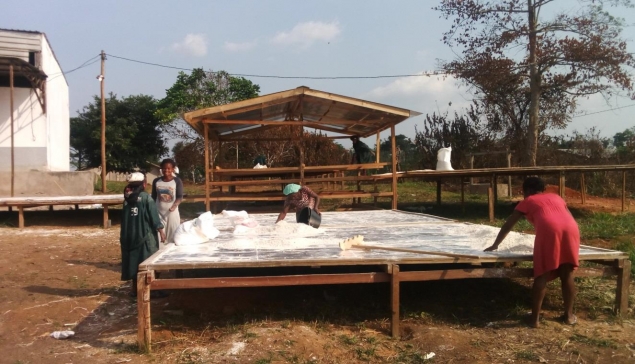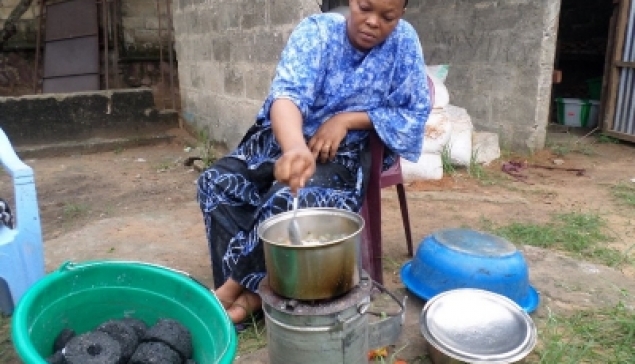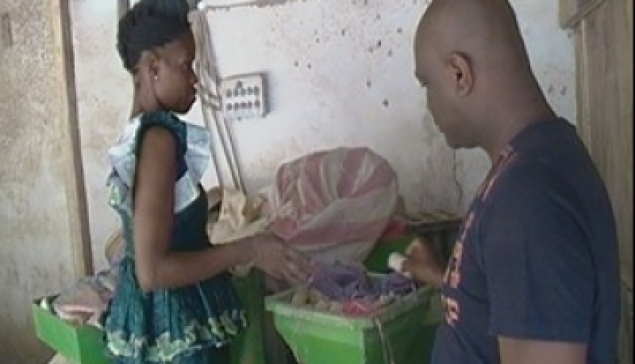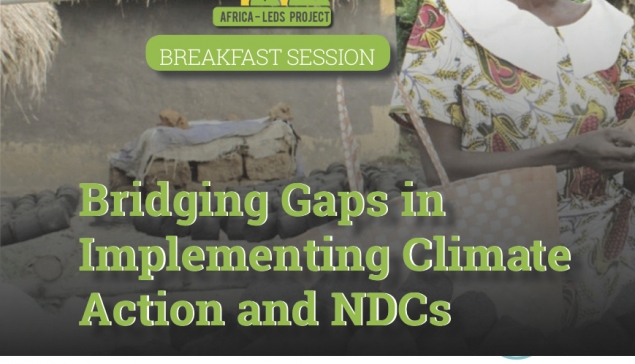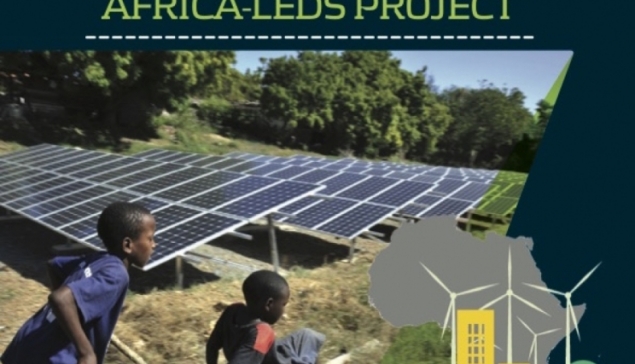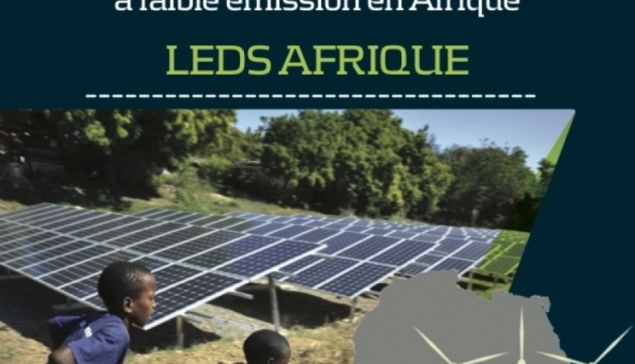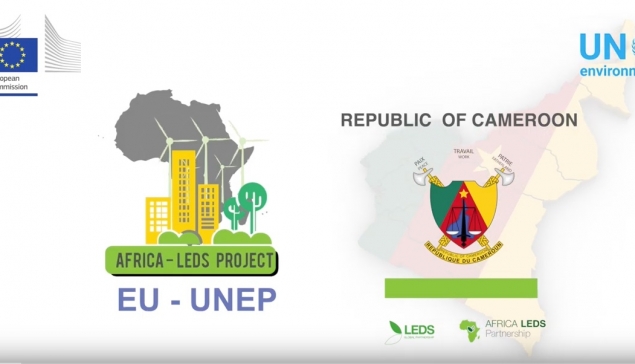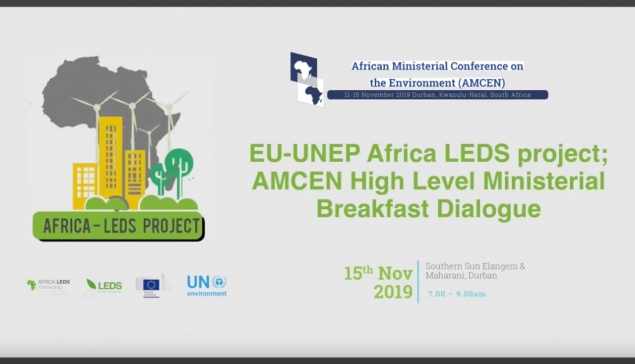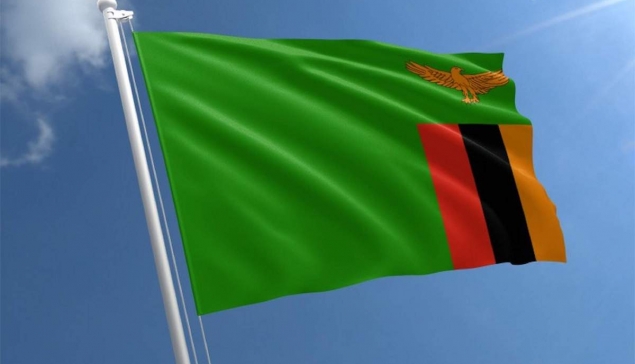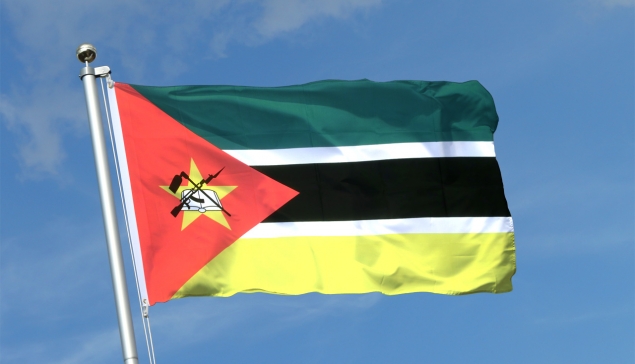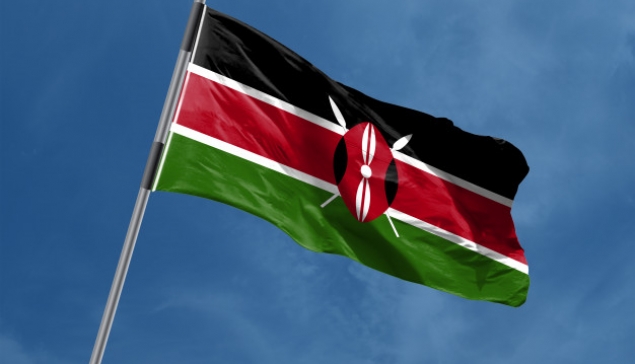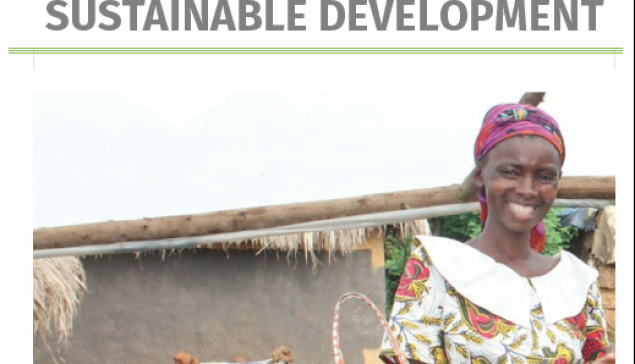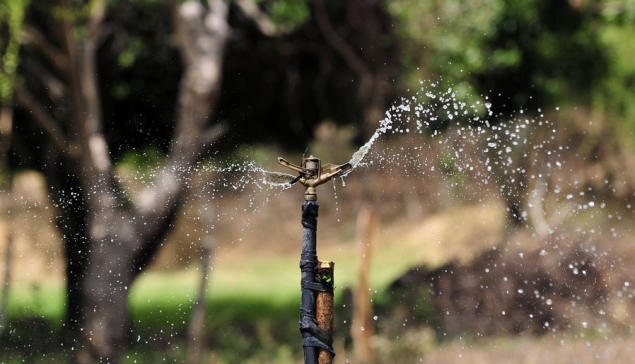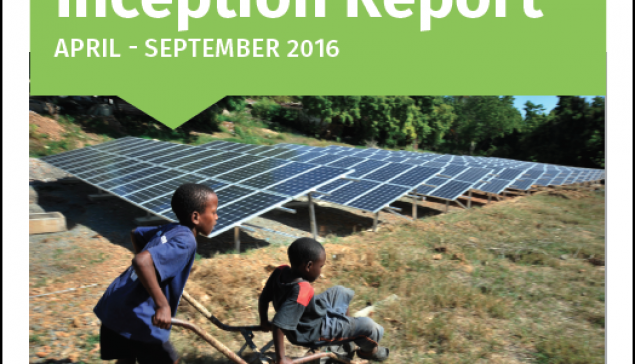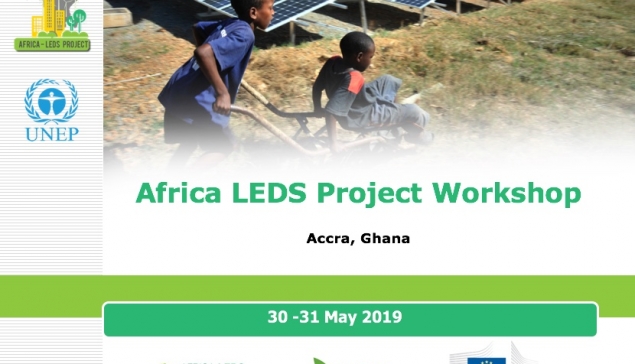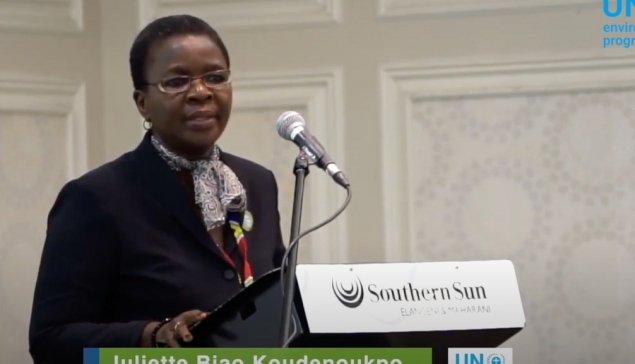Component 1: ground actions showed that over 500 women for the first time, have access to value addition. They can dry their cassava to increase its shelf life. They can process it into flour that fetches up to five times more in the markets. Through this drying and milling, cassava spoilage has been reduced by up to 30%. On the environmental aspect, the micro-hydro plant generates an annual 9,000 kWh of zero emission electricity relative to the BAU of using diesel generators. Using clean energy over diesel and linking cassava from farm to processing created 150% more jobs and $1,800 in additional revenue compared to the BAU approach.
Component 2: modelling forecasts showed that upscaling and replicating the NDCs implementation trajectory of greening and maximizing productivity of agro-value chains using nature-based agriculture; clean energy; and Information and Communication Technology (ICT) over the country’s 5 agro-ecological zones will create 5 million more assorted jobs across multiple sectors relative to BAU approaches and result in 8 times lower emissions.



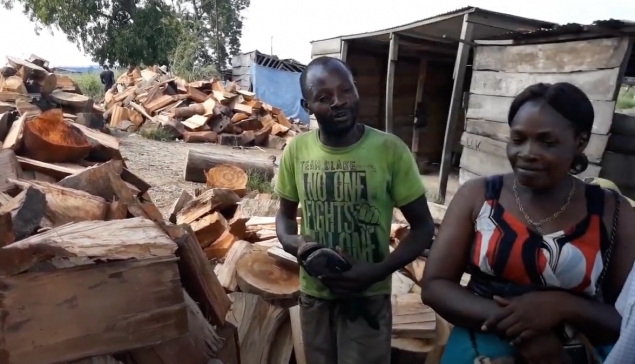
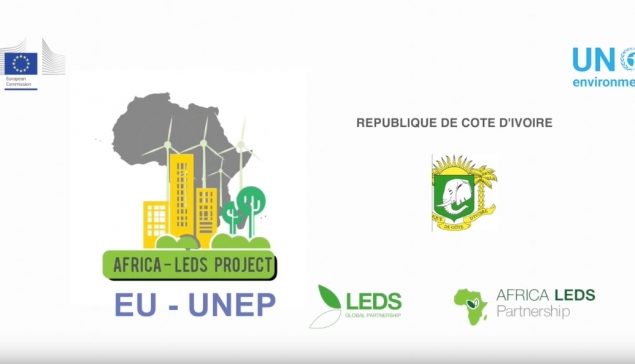


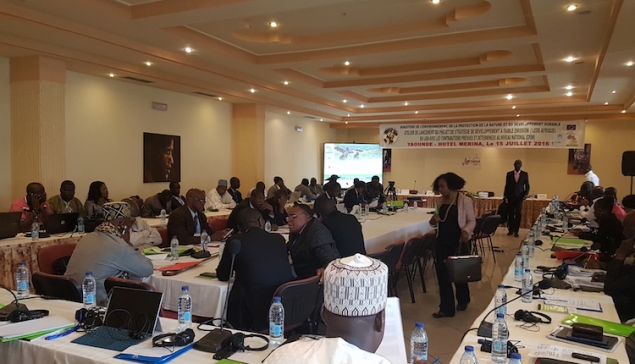
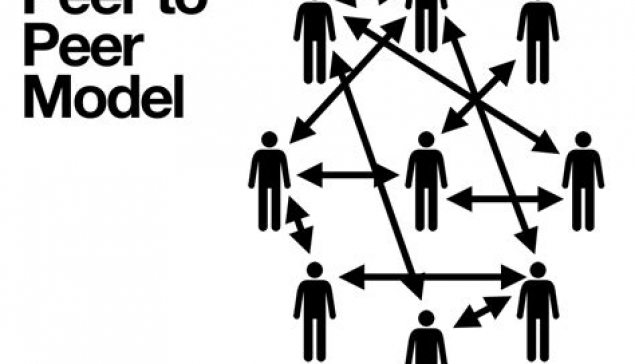

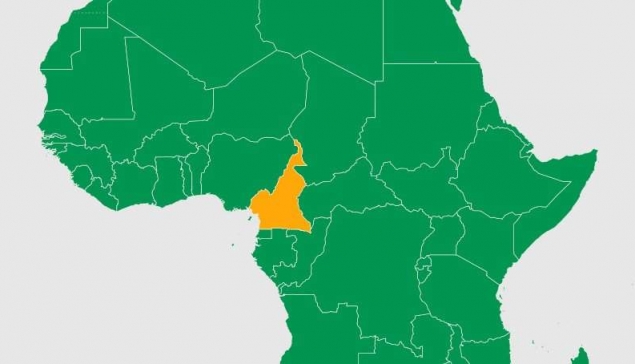
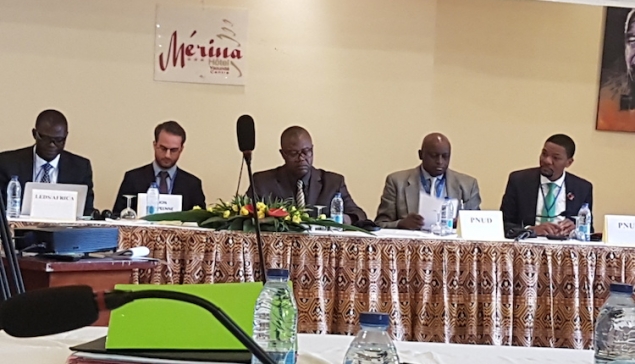
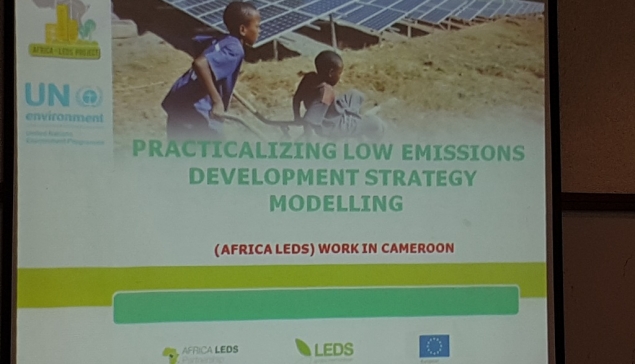
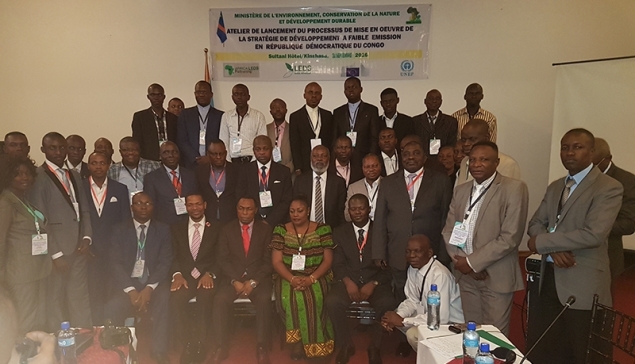
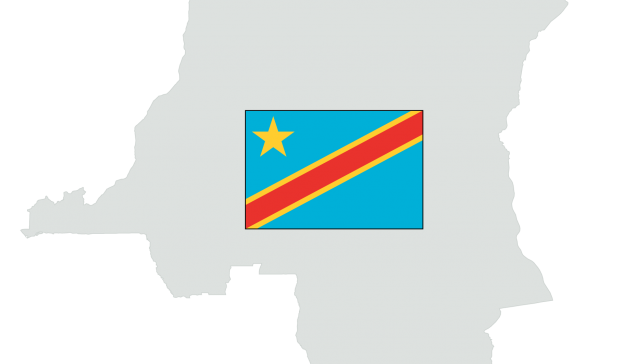
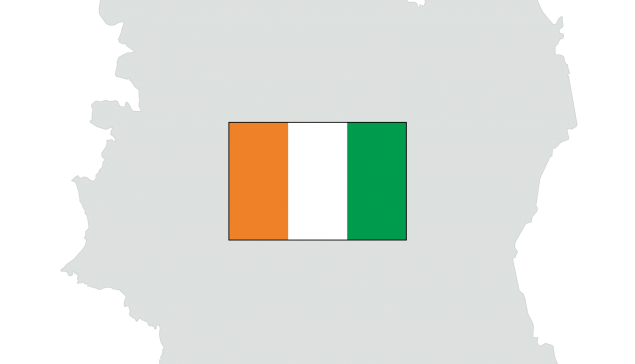
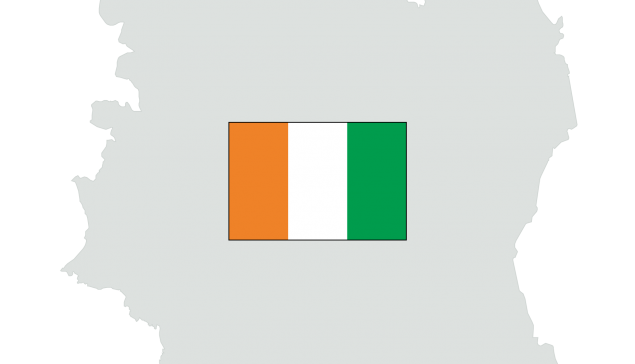
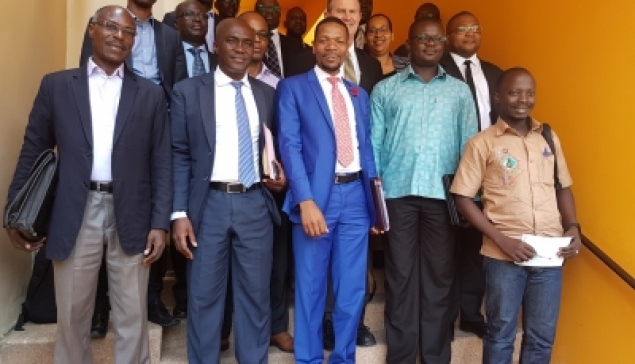
_large.jpg)
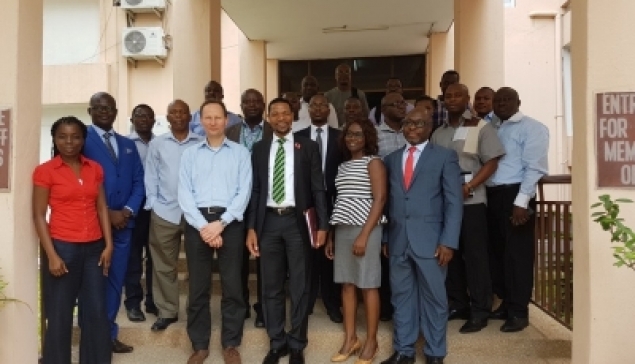
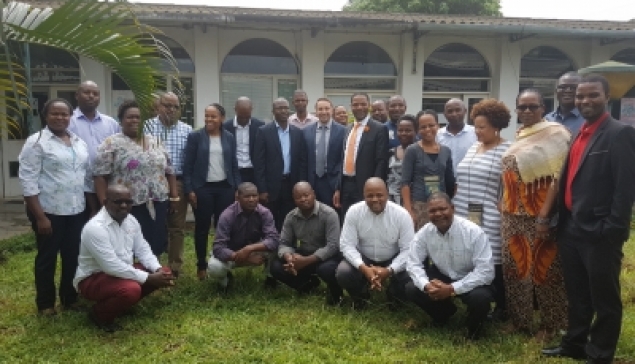
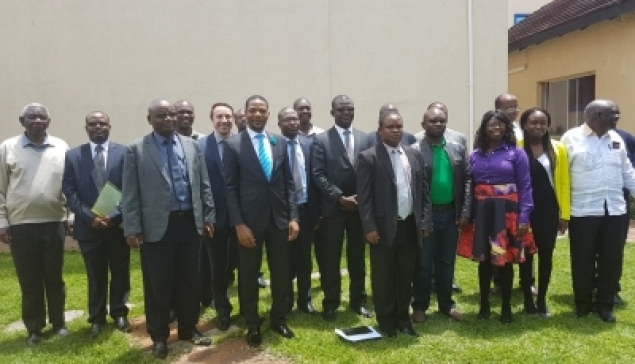
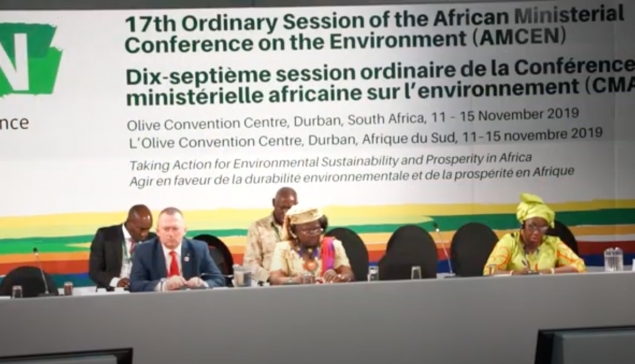

_large.jpg)
